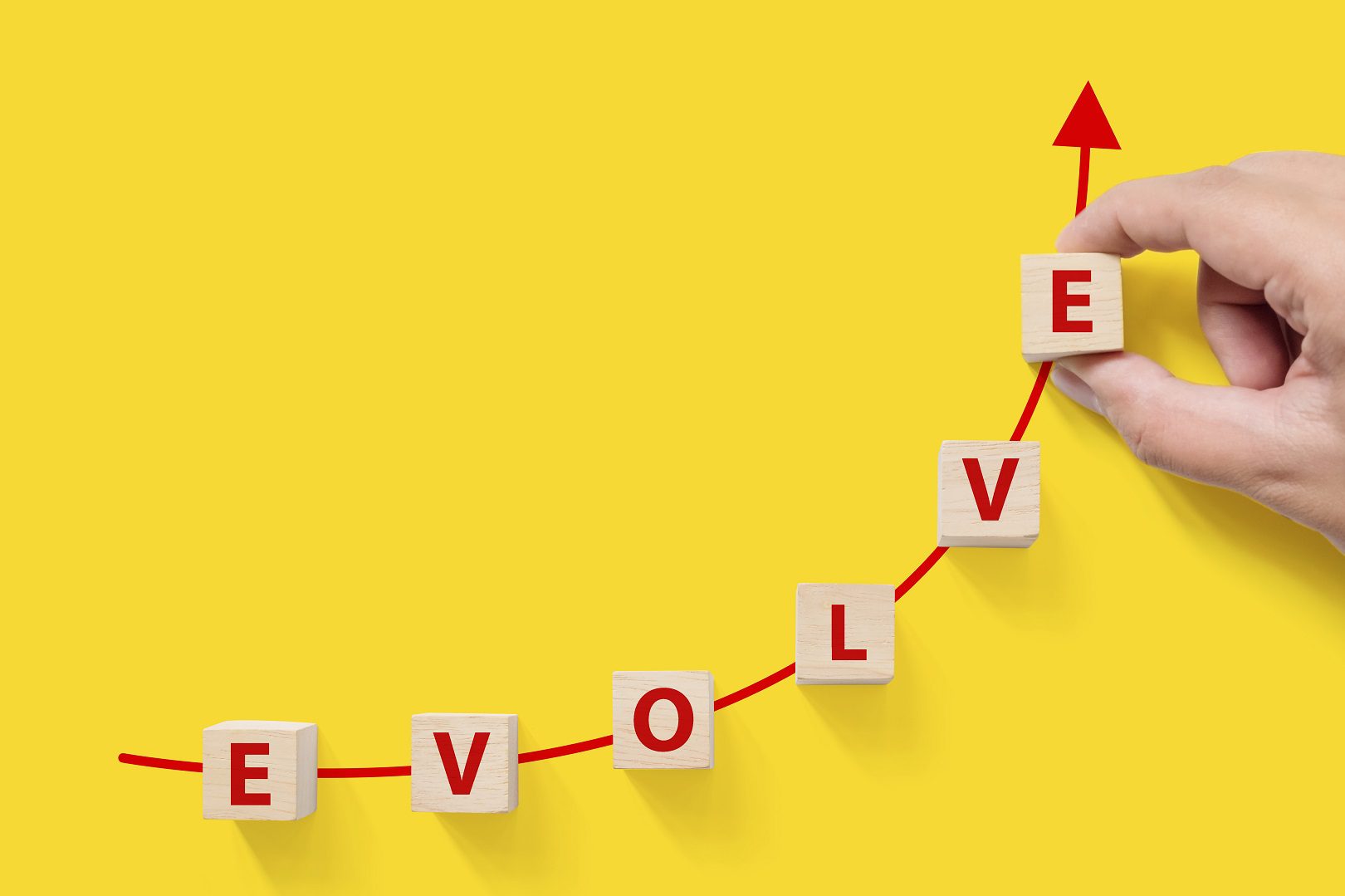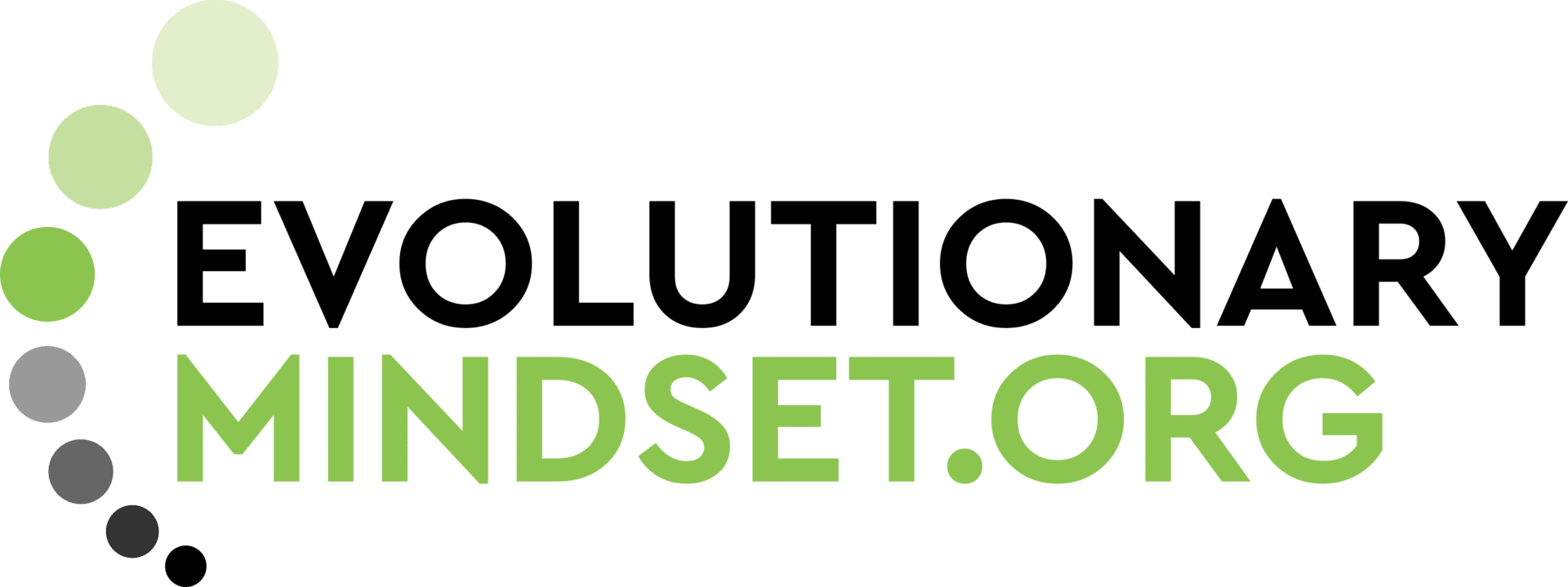
Growing Your Entity with an Evolutionary Approach
Every living entity is an adaptive environment whether it be one human being or a group of individuals that make up a team, club, company, community, culture, economy, country…. etc. Every living entity is guided by the science of evolution and understanding these rules empowers us to better manage and influence these adaptive environments for growth.
When we think about “growing” our person we usually think about personal growth which can be personal wealth but often it is about one’s knowledge or health or happiness etc.
Generally, when we think about larger groups, we tend to think about growth as mostly monetary such as increasing sales, profitability, or overall company size.
The reality is that the best approach for the growth of any entity should encompass the bigger picture and a more evolutionary view that includes holistic evolution across all of these factors.
What does it take for entities to optimize growth? Let’s dig into the science and explore an evolutionary approach to growth:
Evolutionary Entities Are Innovative
Evolutionary entities focus on innovative problem-solving to develop solutions that add value to their relationships (oftentimes customers) by pushing the boundaries of the wide context with an adaptive, risk-tolerant, and failure-tolerant approach.
- Innovative problem solving – Innovative or creative problem-solving is an approach for discovering unconventional opportunities when traditional thinking fails to yield results. Innovative problem-solving motivates us to uncover fresh perspectives and develop innovative solutions and strategies to overcome challenges and meet our goals.
- Customer-driven solutions – Putting customer needs at the center of the growth strategy including having a customer-focused culture with customer support, marketing, product, and sales teams all working together to provide a great experience.
- Added value – The improvement or addition of something that creates value for the recipient. Businesses do this by processing inputs into outputs to generate a value that consumers are willing to pay when the solution (product/s or service/s) enables them to do more, be more, and grow more.
- Wide-context – Evolutionary constructivism is an evolutionary approach that explores the knowledge of concepts and fundamentals that define the functionality and the understanding of the concepts of the restricted and wide context in which the evolutionary process will take place.
- Adaptive – Evolutionary complexity sciences are the scientific approach to dealing with complex adaptive systems through a test, measure, reflect, adjust, and adapt (repeat) process.
- Risk and failure tolerance – encouraging everyone to take on new initiatives that might fail (and being accepting of that failure), to help everyone become more accepting of risk and willing to explore creative or innovative approaches to problem-solving.
In analyzing high-growth entities we see similar patterns regarding what they focus on and how they operate including, most critically, having a priority focus on developing added value, innovative problem-solving, and adapting or evolving for efficiencies.
